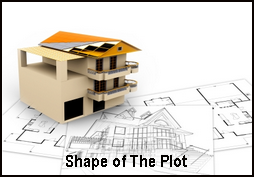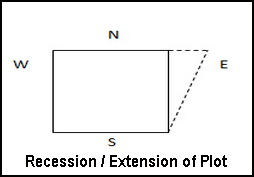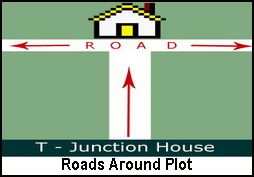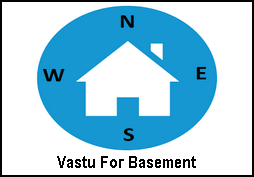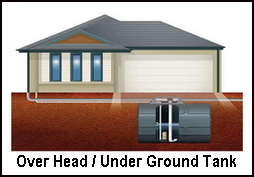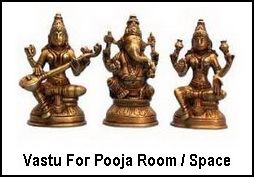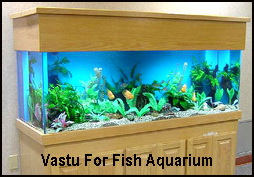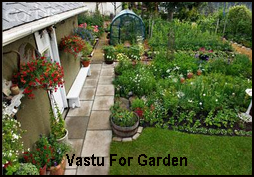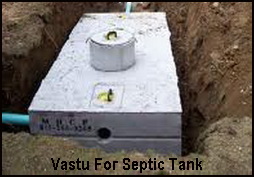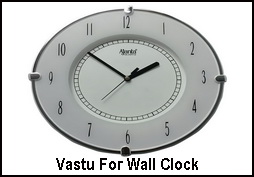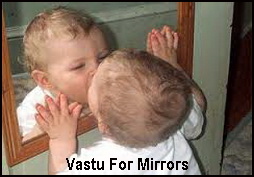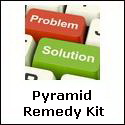Selection of land according to Vastu
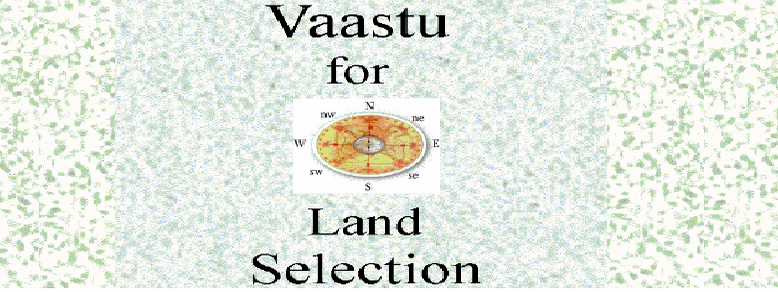
The basic fundamental in selection of locality is the first impression of the land. If you feel pleasant, energized, charged with the surrounding aroma of land, water, vegetation, consider about buying the land, and then you must purchase the land. If it is found foul smell, scarcity of water, no vegetation then leave the idea of purchasing the land in that area.
Land that contains many rocks, termites, anthills, reptiles, amphibians, arthropods and houses of bats, pigeons, land showing presence of bones, broken old pottery, sludge, and thorny trees should not be purchased.
In Vastu Vighyan, the color of the soil is also a guide to select the type of land, it should also be considered. White colored soil has clayey minerals high in hydroxides, red in iron and oxides, yellow for contains iron carbonates, clays, and Black has clays and iron magnesium ingredients.
When you examine the type of soil, do not have a simple superficial check, but try to excavate a small (2’X2’x2’) pit and If the soil is dark black means it is clayey soil meaning that there is paucity of underground water, less permeability. When you fill this pit with water, clay has the property of swell and on drying shrink and cracks are there. Generally houses made on clay horizons shows cracks, subsidence and house owner is in financial loss. It is therefore civil engineers perform “Plate Test“to assess the soil type for every mega project to avoid the possibility of loss.
Similarly white or red soils are rich in hydroxides and iron content; white clays like china clays are very plastic, such land can not be purchased. It is therefore recommended in vastu that light black and grey clayey soil; sandy loam soil sols are good for house building. If the soil contain lot of angular fragments (breccias) of rocks it is difficult to construct a house and, if it contains rounded pebbles (Cobbles, pebbles and Conglomerate) means your structure due to ancient river/drainage course will not be stable but water availability is there. If hard ground is there limited water will be there, less cost of construction in foundation but compact and structure will be there as the Vastu narrates so.
If percolation of water is fast meaning there is very high porosity and permeability, the area should be left. If it makes a hole in side and ditch emptied meaning there is a cavity underneath, so it should not be possessed and if water remains at the same level/percolates moderately, then we may say land type is satisfactory and it should be considered.
If there are many cracks in the pit after the water has been absorbed, the construction may cost more than you expect. This is a water percolation test done even in the U.S. to test for clay deposits.
Do not purchase land that has been used as a grave yard, crematorium, cemetery, ancient divested place, flooded submerged colonies area or a demolished samadhi. The land should not be purchased if in the recent past someone has committed suicide on it, or if there have been massacre in the past or in a couple of months.
It is usually not good to purchase land near Temple, Mosque, and Church up to its morning shadow and near highways, bridge, hospital and butchery. It is also not good to purchase land that shares a well with another property. A land situated on a high gradient is not a good proposal to purchase in most cases, it is better to purchase level ground or with gentle slope.
After choosing locality and purchasing land, one should fix up its dimensions for putting its foundation.
vastu for land, vastu for site, vastu shastra home plan hindi, vastu shastra for home construction


